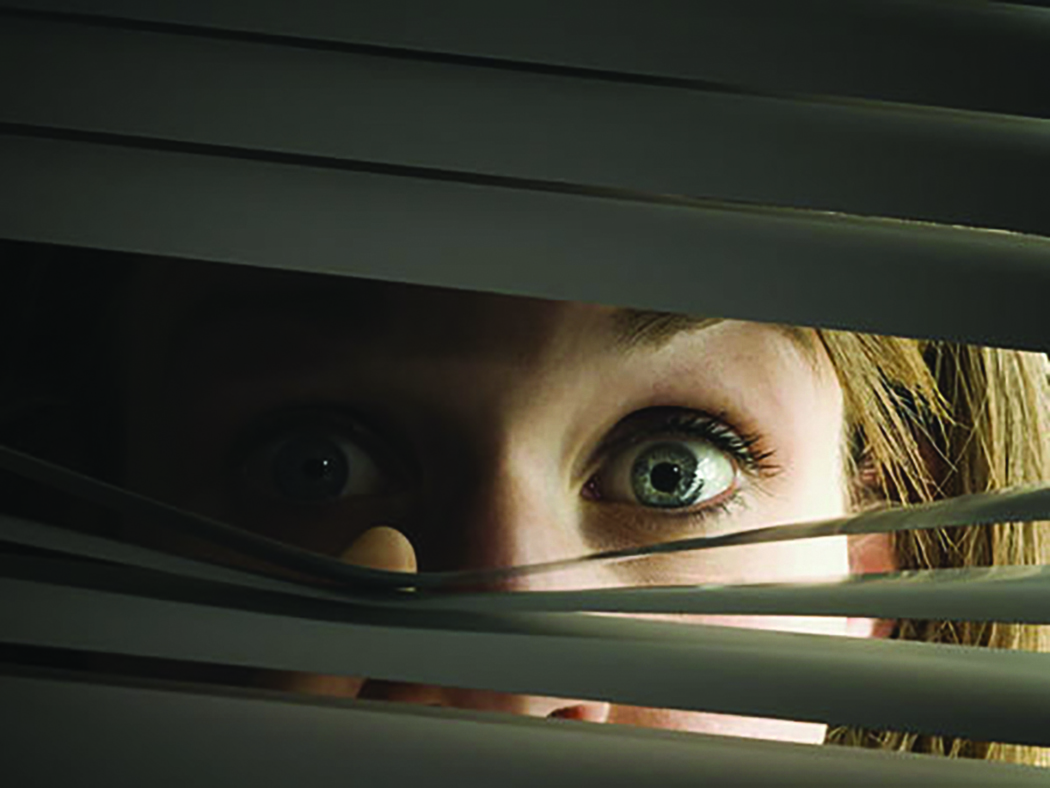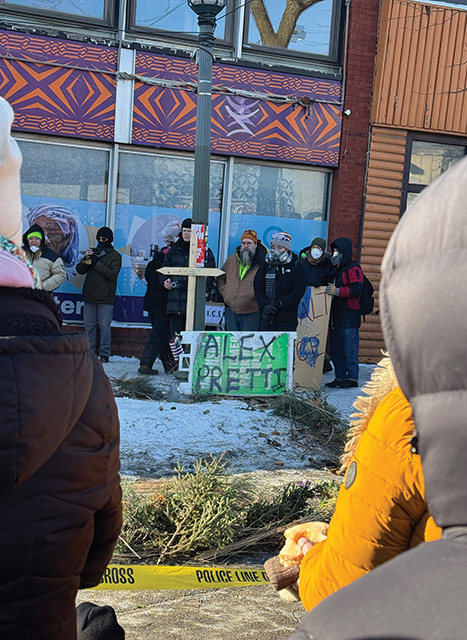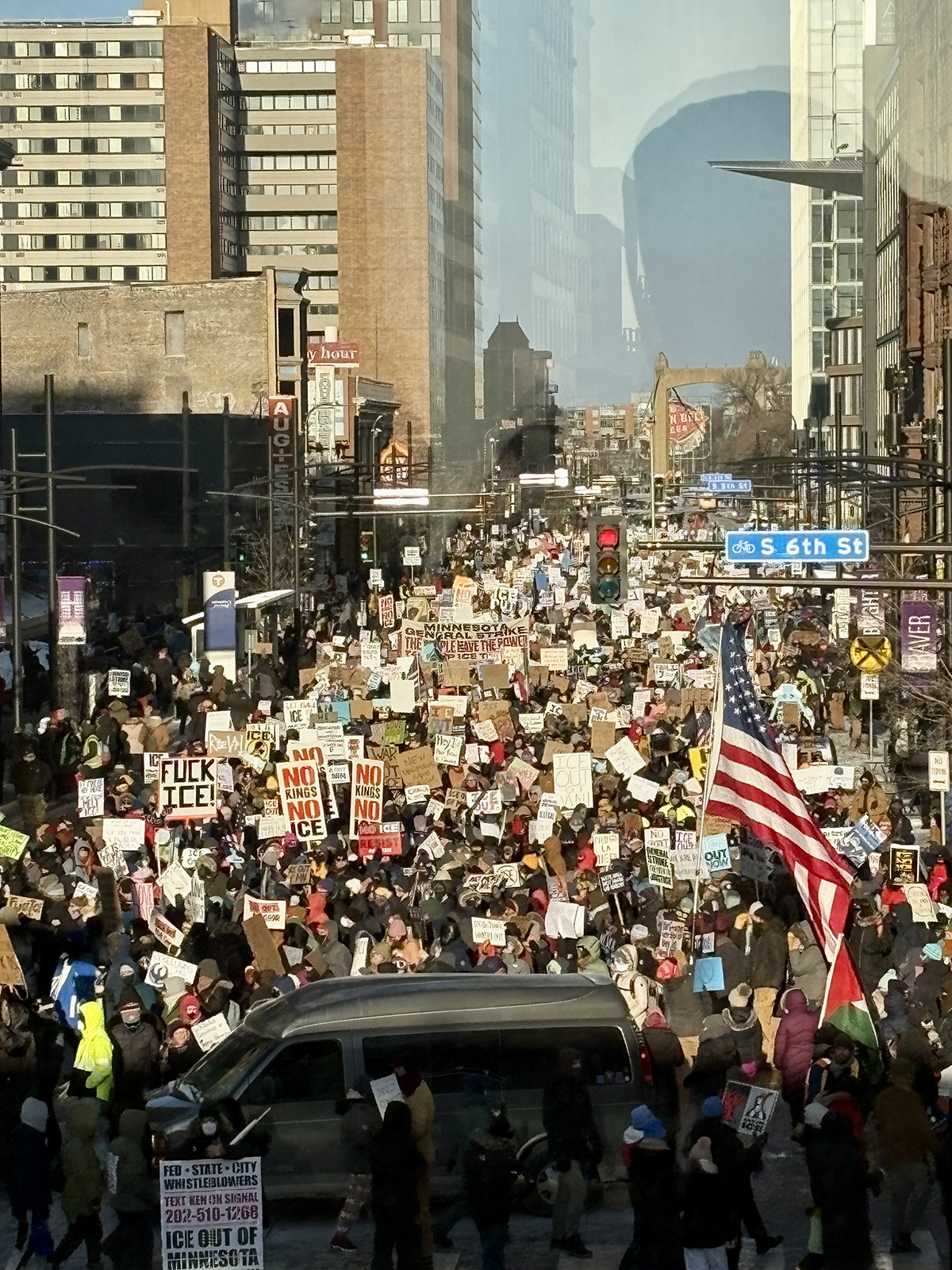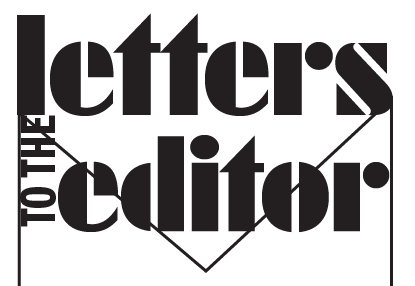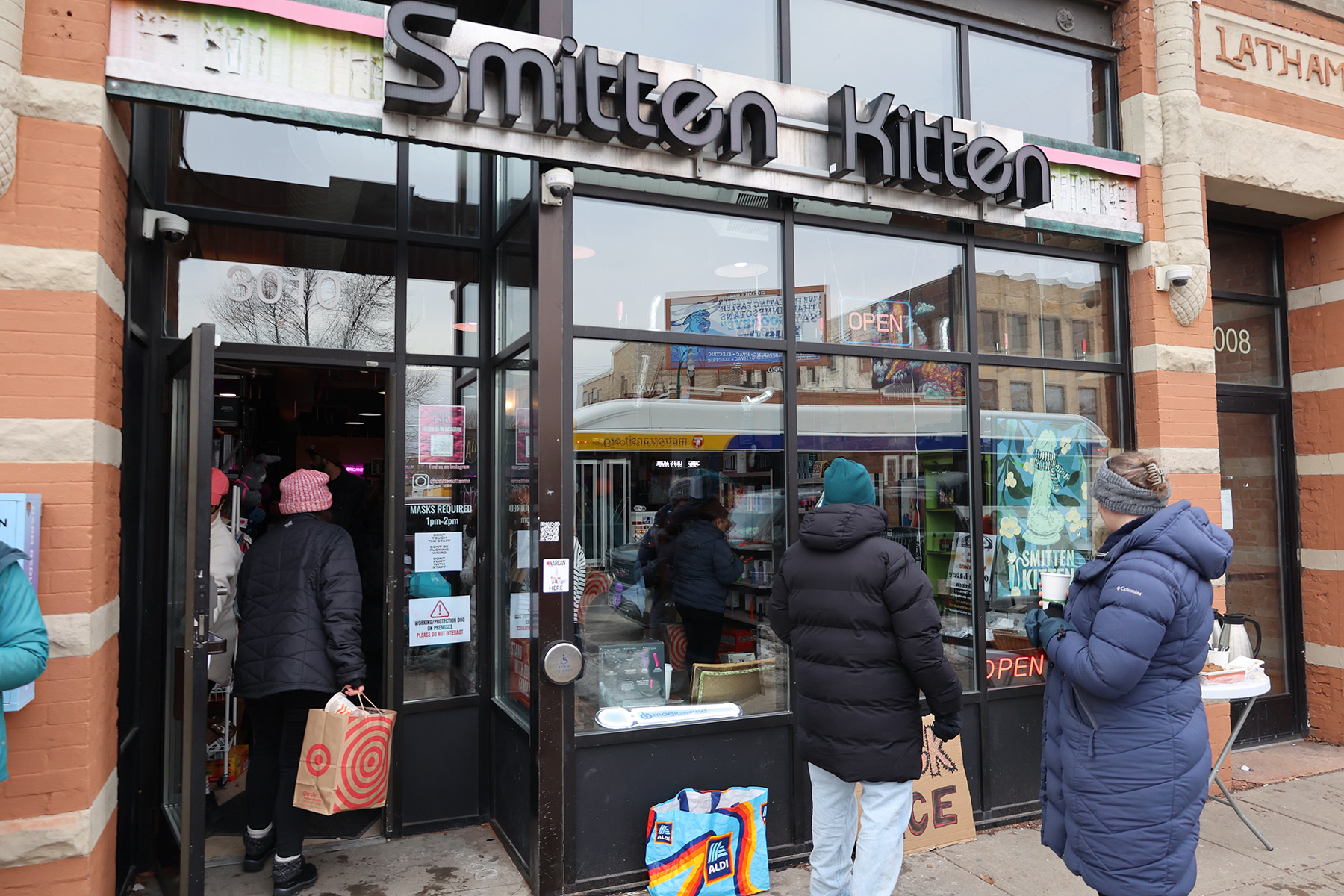Uptown's commercial woes are not due to a parking scarcity. It's time we look beyond the curb.
Yes, there may be less street parking, and it may feel obvious to associate its loss with the demise of Uptown's commercial corridor. But that would ignore this decade's massive and much more consequential changes for which neither parking, nor construction for that matter, ranks among the top causes for business decline.
Retail sales of apparel (especially outdoor gear), cosmetics and electronics have been decimated by e-commerce. I know this firsthand from years of running online businesses, including for Target.com. Of course, these were the exact same categories of retailers, chains mostly, that once occupied the Hennepin and Lake core.
Food delivery services have an equally profound effect on the economics of restaurants. These services not only erode the already slim restaurant profit margins, but they encourage a shift in consumer spending. Now, customers can effortlessly order from eateries located beyond the neighborhood, which means fewer dollars are spent here.
Dry cleaners were already disappearing before the pandemic because of the steady shift to casual office attire. And now today's sweats-based work-from-home workforce has only made that tougher on these businesses.
In some cases, the demand for parking has declined. That’s especially true at nightlife venues thanks largely to the widespread popularity of ride-sharing services like Uber and Lyft. These platforms are often the go-to choice for transportation, especially when alcohol may be involved.
The gym at the YWCA didn't close because of a lack of parking. It shuttered because how and where people exercise has changed. In addition, WeWork, Target, Prestige/ Uptown Cleaners and Giordano’s all had plentiful parking. All are gone.
There are so many social and economic shifts happening around us that it’s misguided to attribute Uptown’s commercial spiral to the loss of some parking spots.
These macro changes are real, consequential, and here to stay. Uptown will thrive again, but we must lift our eyes beyond a narrow fixation with where a handful of cars can park on a stretch of Hennepin.
Hennepin Avenue, Lake Street, the Mall, Franklin Avenue, Lyndale Avenue, the Uptown Transit Center and the Walker Library will all be upgraded or overhauled in the coming years. They're each deserving, if not overdue, for these improvements.
These investments will set the stage for Uptown’s future for generations. To get it right we must imagine the future, not reminisce about the parked past.
I'm thankful to live in a city that has the financial good standing and wherewithal to invest over $100 million in our neighborhood, our community and us. Other Midwest cities are looking on with envy.
The wonderful article in the November issue of the Hill & Lakes Press about Magers & Quinn is a reminder that Uptown has previously faced and overcome profound change. Our gem of a bookstore stands in what was once a Chevy car dealership. That urban dealership was, in its era, a disruptive force — a signal that the streetcar age was coming to its final stop. Today's transition isn't painless, nor is it all positive, but it is happening. And like the residents before us, we must work through this change too.
It's not easy to be optimistic when things are on the decline. But I am. I'm optimistic because of Uptown's unique and natural advantages.
Uptown is poised to prosper, thanks to several long-term factors: the beauty and appeal of our lakes and parks, the density of our neighborhood, and the diversity of our housing options, which together foster an environment ripe for innovation and renewal. Furthermore, Uptown's strategic geography makes it a natural crossroads for our entire region.
These immovable assets are our neighborhood's foundation. By investing in these assets, the city and county are playing the long game. If our community can play to these strengths then, like prior generations, we can make Uptown great again.

